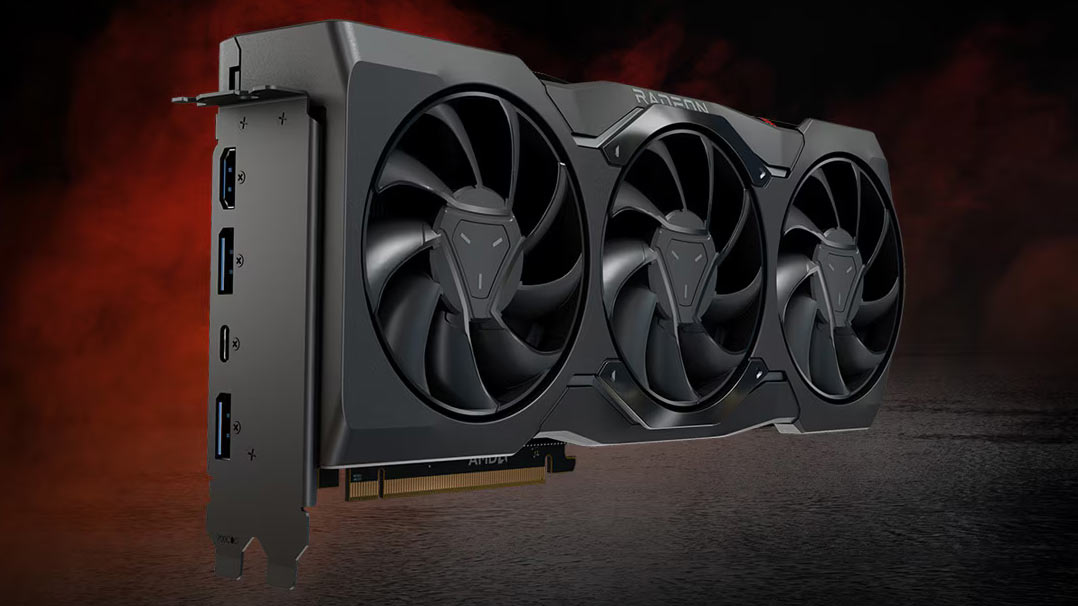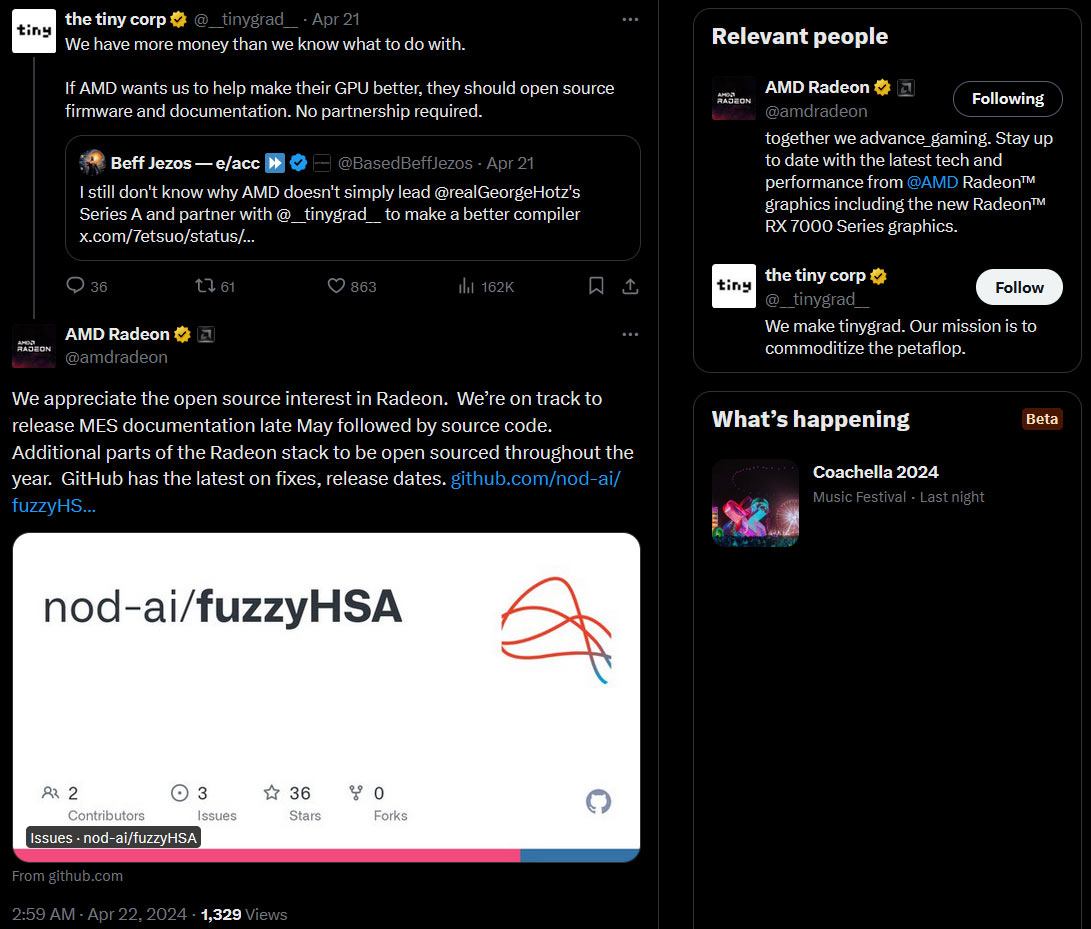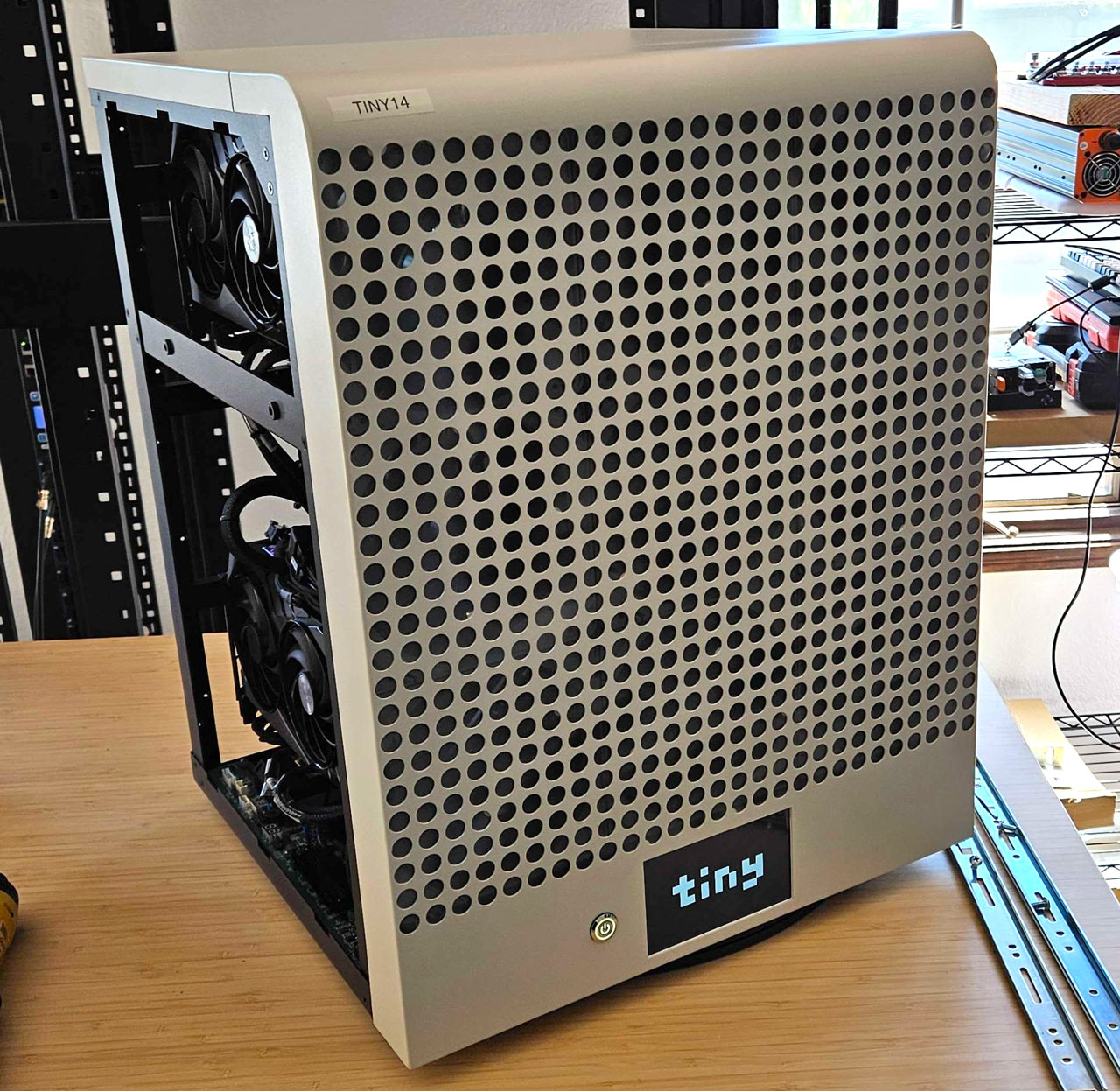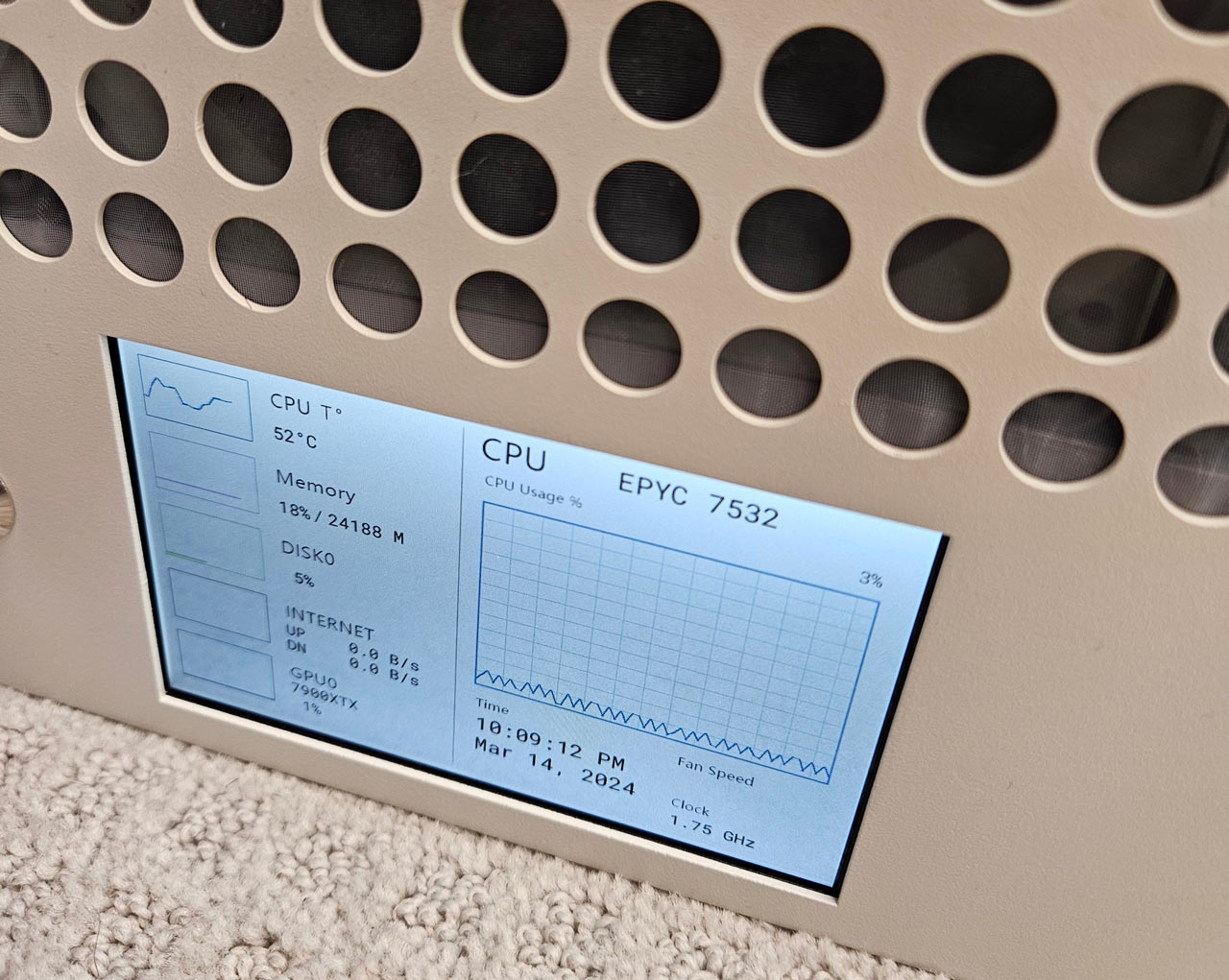
AMD has stated that it's on track to release its Micro Engine Scheduler (MES) documentation in late May, followed by source code. Then it will follow through with releases of additional parts of the Radeon stack as open-source. The statement was seemingly made in response to a Tweet/X by Tiny Corp, which has been publicly corresponding with (and often criticizing) AMD on social media for several months.

The discourse between Tiny Corp and AMD has made more than a few headlines in recent months. The former designed and pre-sold its TinyBox AI server, which garnered interest due to its use of relatively affordable AMD Radeon GPUs. However, the firm’s social media and its founder, George Hotz, became quite vocal as it discovered the consumer-grade cards weren’t behaving in a server-grade or enterprise-ready manner.
In brief, Tiny Corp wanted greater / deeper access to AMD hardware, firmware, and driver IP. The company thinks that with sufficient access to the firmware and driver stack, it can make the Tiny Box function as advertised. Despite Tiny Corp being a small company, AMD engaged, and even Dr Lisa Su joined the conversation in early March. Su said the “team is on it,” back in March, but Tiny Corp remains grumpy about the situation it finds itself in to this day.
“We are working to release Micro-Engine Scheduler (MES) documentation towards end of May and will follow up with published source code for external review and feedback,” noted the official AMD Radeon Twitter/X account in early April. “We have also opened a GitHub tracker, which will have the latest status on fixes and release dates.”
Today, we saw a significant update in documentation and open-sourcing progress at AMD. In a reply to a further barb from Tiny Corp, the red team’s graphics division reiterated the MES documentation statement from earlier in the month. It added, “Additional parts of the Radeon stack to be open-sourced throughout the year,” before directing interested parties to keep an eye on a GitHub repository.
Tiny Corp has already replied to AMD’s statement, characterizing the MES news as “a red herring,” and asking for further parts of the architecture to be open-sourced, with documentation for the hardware scheduler, which it sees as a cause of Tiny Box system deadlocks.


As PC enthusiasts not particularly interested in using servers like the Tiny Box, we are still very interested in any knock-on effects the release of additional Radeon documentation and open-source software could have for us. If bugs are quashed and optimizations are made via entities like Tiny Corp, that should be good for other Radeon users. Moreover, this opening-up initiative could be beneficial to the Linux developers and community seeking to get more from their Radeon hardware.





